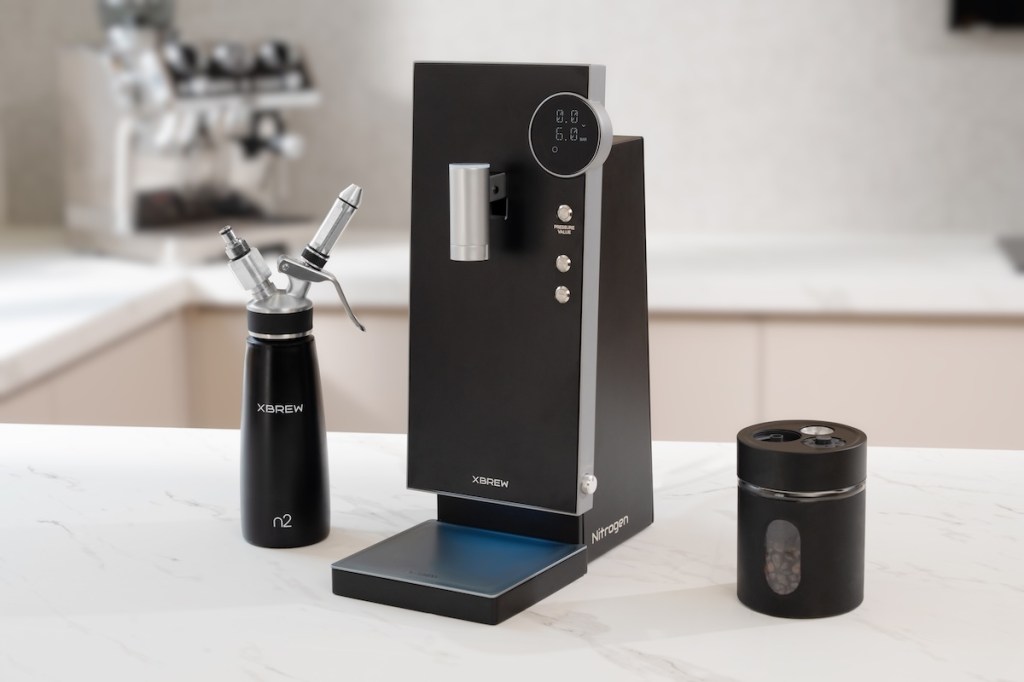OpenAI has expanded access to its advanced image generation tool, powered by the GPT-4o model, to all ChatGPT users, including those on the free tier. Previously, this feature was exclusive to paying subscribers. CEO Sam Altman announced the broader availability, noting that free users may have a limit of three images per day.
The image generator has seen rapid adoption since its launch. Altman reported that demand was so high that the company’s GPUs were melting. Users have creatively employed the tool to transform photos into styles reminiscent of Studio Ghibli animations, sparking discussions about copyright and the training data used by OpenAI. Additionally, some have generated fake receipts, such as restaurant bills. OpenAI has stated that all images contain metadata indicating their origin from ChatGPT and that the company takes action if any images violate its guidelines.
In a significant financial development, OpenAI announced it has raised $40 billion in funding led by SoftBank, bringing the company’s valuation to $300 billion. The company also reported that ChatGPT has reached 500 million weekly active users and 700 million monthly active users.
The GPT-4o model introduces an autoregressive approach to image generation, creating images from left to right and top to bottom, similar to how text is written. This differs from the diffusion model technique used by many other image generators, including OpenAI’s previous DALL-E model. Users can refine images through natural conversation, ensuring consistency across multiple iterations. ([citizen.digital](https://www.citizen.digital/tech/chatgpts-new-image-generator-is-now-available-for-free-users-n360222?utm_source=openai))
OpenAI has also relaxed previous restrictions on image creation involving distinctive styles, celebrity likenesses, company names, and logos. This change has led to a surge of activity on social media, with many users transforming their photos into Ghibli-style images. While some are impressed by the visual results, others criticize them as low-quality AI slop. ([axios.com](https://www.axios.com/2025/03/26/chatgpt-images-ghibli-portraits?utm_source=openai))
The popularity of the image generator has raised concerns about the environmental impact of AI technologies. The high power requirements and cooling needs of AI data centers pose sustainability challenges. As AI usage increases, so do the demands on data centers, which are already turning to liquid cooling and saltwater solutions to manage thermal regulation. Despite these efforts, the environmental impact remains substantial, indicating that the current trajectory of AI growth may not be sustainable. ([laptopmag.com](https://www.laptopmag.com/ai/chatgpt-studio-ghibli-image-generator-ai-sustainable?utm_source=openai))
OpenAI’s expansion of its image generation tool to all users marks a significant step in making advanced AI capabilities more accessible. As the technology continues to evolve, it will be crucial to address the ethical and environmental considerations that accompany its widespread use.



